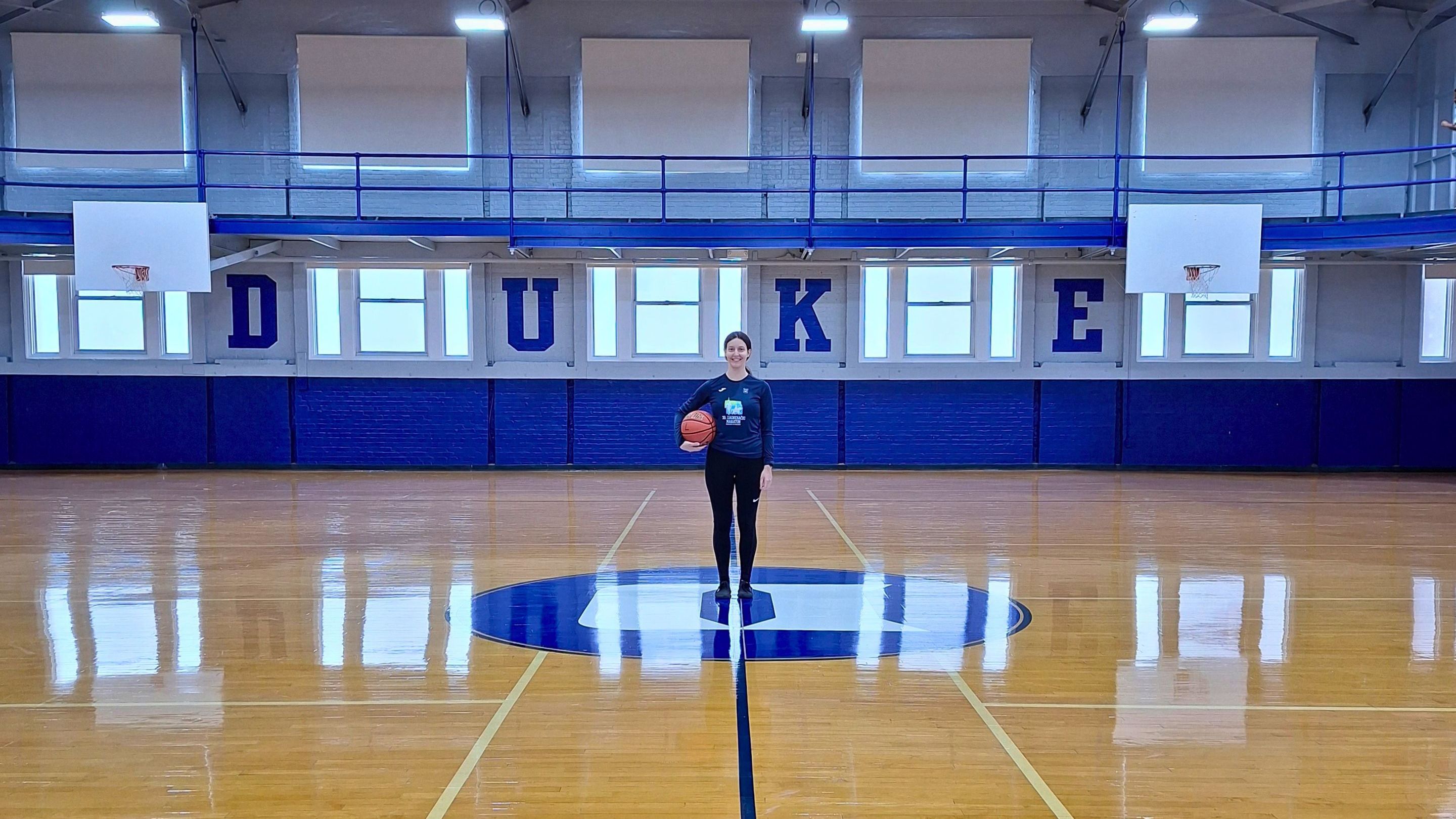When we discuss science that crosses borders, we typically refer to ground-breaking discoveries that push the frontiers of human knowledge. However, these strides rarely occur in isolation. Hence, crossing geographical borders is essential to connect with leading scientists worldwide and learn from the best.
This was the path taken by Marija Petrović, a young researcher at the Institute for Marine Research, when she seized the opportunity to work at the prestigious Duke University in North Carolina, thanks to a Fulbright Scholarship from the United States Government.
From 'Ruđer' to Duke University
Marija is currently an assistant in the Laboratory for Environmental Inorganic Geochemistry and Nanoparticle Chemodynamics, part of the Institute for Marine and Environmental Research, and a PhD candidate at the Geology Department of the University of Zagreb.
Her research focuses on the by-products of coal combustion and their environmental impacts, with a special emphasis on soil formation at disposal sites for these by-products. Her work, funded by the Croatian Science Foundation, has already resulted in five published papers where she is the lead author, two of which are directly related to her PhD and published in high-impact journals.
During her nine-month stay at Duke University, one of the leading universities in the USA, Marija worked in the laboratory of Professor Avner Vengosh, a world-renowned expert in isotopic geochemistry. "The focus of my research was on boron and strontium isotopes as potential tracers of environmental pollution from coal combustion byproducts," explains Marija. She has already presented her findings at the Goldschmidt International Conference in Chicago.
While in the USA, Marija also participated in two additional projects. One related to the pressing global issue of lithium production and mining; the other involved the use of phosphate fertilizers in agriculture. In both cases, the research aimed at identifying environmental pollution through various isotopes.
Science Building Bridges between Croatia and the World
"The Fulbright Scholarship is not reserved just for the chosen few," Marija emphasizes. "The key is in thorough preparation and having a clear vision of what you want to achieve because the scholarship often funds only one PhD student. It's crucial to answer why they should fund you and why your research cannot be conducted anywhere else but in the USA. Once you address that, you're halfway to securing the scholarship."
The value of international scientific collaboration extends well beyond the confines of individual research. Through the exchange of ideas and experiences with colleagues from different parts of the world, new perspectives are born, unexpected opportunities arise, and foundations are laid for future projects that break new ground in science.
"Beyond the research itself, the most important aspect of this advanced training was connecting with scientists in my field," Marija highlights. "These connections, even now during my PhD, are opening doors to future collaborations that I am confident will help secure new projects. It is through such efforts that we can keep our students in Croatia and make it more attractive to foreign scientists."
In Croatia, the competition for this scholarship is announced annually by the Ministry of Science, Education, and Youth, in collaboration with the Agency for Mobility and EU Programmes and the US Embassy in Zagreb.





